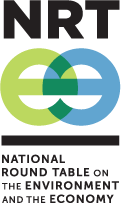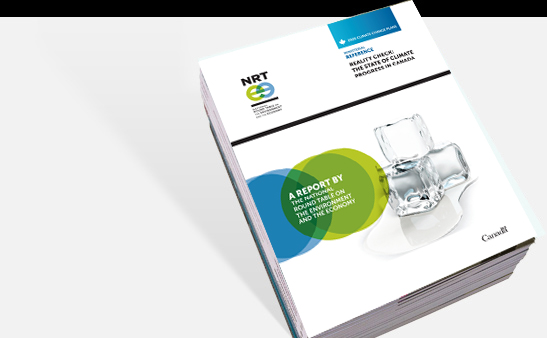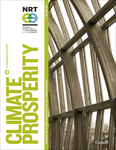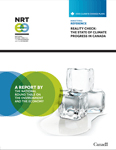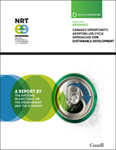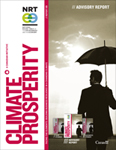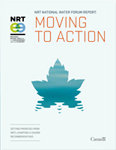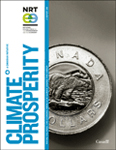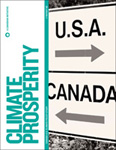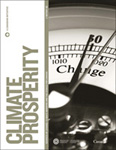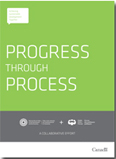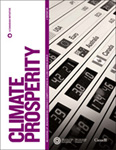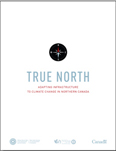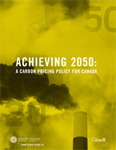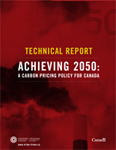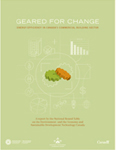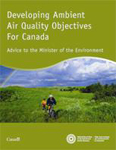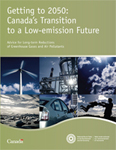Progress Through Process: Achieving Sustainable Development Together – Research
Seized with this challenge, the NRT and the Public Policy Forum joined forces to explore how new collaborative governance engagement processes can lead to better sustainable development policies in Canada. We considered case studies showing how collaborative governance involving citizens and stakeholders has worked.

Sustainable development means that economic, social and environmental goals can be — must be — pursued in tandem. It is not simply a question of “balancing” environment and economy as competing interests. Rather, sustainable development means fi nding ways in which they can be integrated so that our prosperity and a healthy environment go together.
This is an optimistic vision, and achieving that vision requires not just diff erent policies but also diff erent policy processes. We—the National Round Table on the Environment and the Economy (NRTEE) and the Public Policy Forum (PPF)—began this project because we believe that achieving sustainable development requires a governance agenda that is more collaborative; engages governments, stakeholders, and citizens at the same table; and helps governments solve problems jointly.
Governments in Canada often struggle with sustainable development issues. They are uniquely complex: they straddle departments, involve long time frames, and comprise many urgent interconnected issues. On many fronts — climate change, energy, land-use, water, urban development, and others — progress gets bogged down by entrenched interests and adversarial posturing. Governments, which need to take decisions, must navigate between competing claims and deliver on their electoral commitments while upholding the public interest. Yet we also see instances where stakeholders have overcome their diff erences to collaborate with government and each other on solutions. These positive examples helped inspire this joint PPF-NRTEE project.
Driven by a desire to step back from the day-to-day tangle of disagreement and debate on sustainability issues in Canada, we sought to consider how we might forge a more effective path forward for sustainable development through collaborative governance and engagement. We put forward the view that sustainability requires specially crafted governance mechanisms to navigate through difficult issues and to create a more integrated perspective within our governments and society on how to achieve sustainability. Our discussions began with the premise that diff erent views must be brought together and integrated within a process if we are to make progress on sustainable development.
This joint NRTEE-PPF collaborative process brought together 20 leading Canadian experts and practitioners in sustainability and public policy to consider how more collaborative governance and broader engagement processes might lead to eff ective progress on sustainable development. Our goals were twofold:
1. Understand the potential for eff ective engagement mechanisms and processes to improve the governance of sustainable development in Canada.
2. Develop ideas, recommendations, and strategies for improved engagement practices of the NRTEE and similar organizations.
Through two roundtable discussions and a series of one-on-one interviews, we asked these experts for their views on whether our diagnosis is right: Is there a governance problem for sustainable development in Canada? How can collaboration and engagement improve public policy for sustainable development?
